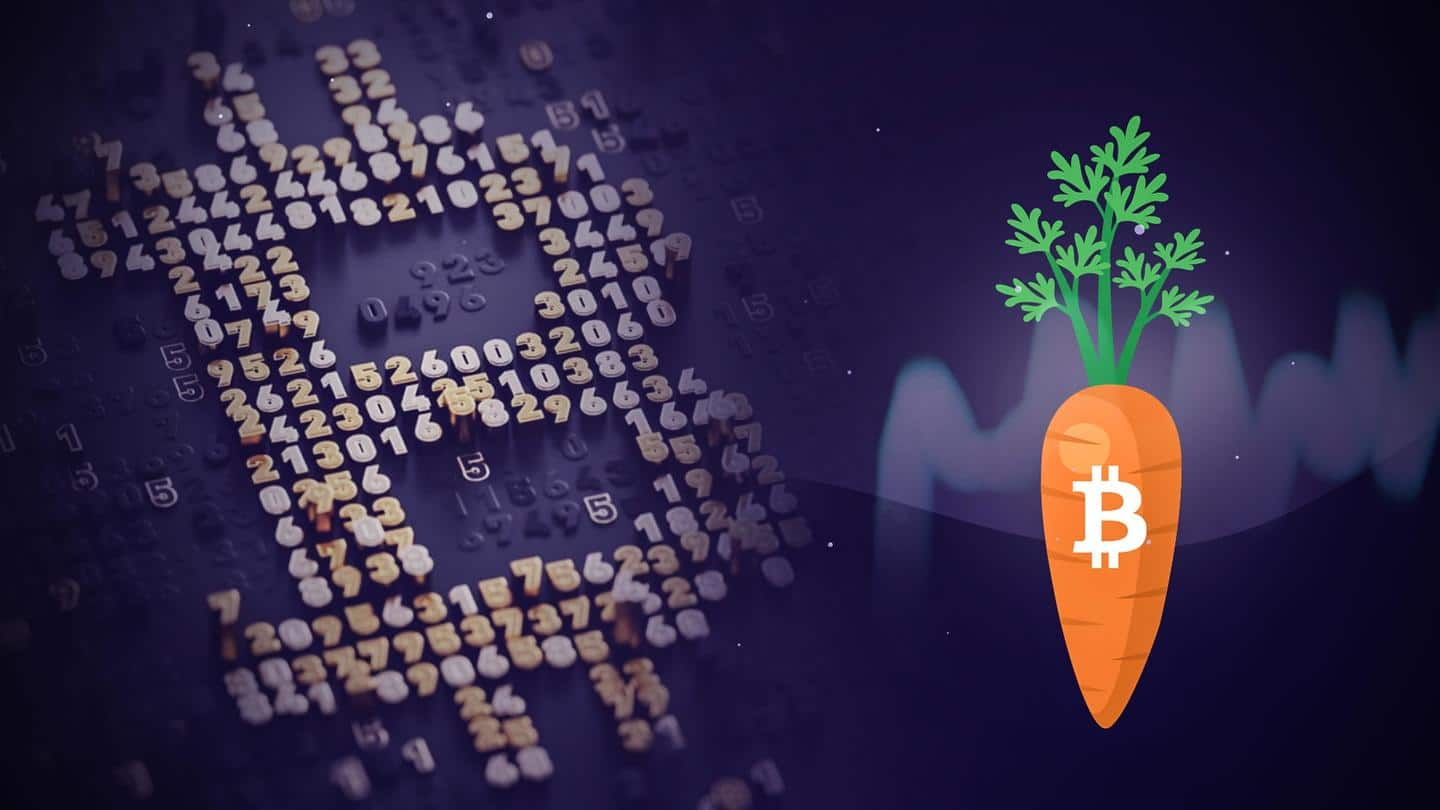
Here's what the Bitcoin Taproot upgrade changes for its stakeholders
What's the story
One of the world's most renowned cryptocurrencies, Bitcoin, has received its first upgrade in four years after the shareholders arrived at a consensus to proceed with it.
Called Taproot, this upgrade will bring greater transactional privacy and efficiency while also unlocking more potential for smart contracts that eliminate intermediaries in transactions.
Here's everything you need to know about this upgrade.
Context
Why does it matter?
Taproot upgrades two aspects of Bitcoin: smart contracts and the new digital signature algorithms.
The Bitcoin community agreed to proceed with the upgrade in June, but the implementation was carried out in November to allow enough time for testing.
This upgrade could help programmers build more smart contracts on Bitcoin's blockchain and make it a prominent player in the decentralized finance (DeFi) world.
More security
New signature technology could make multi-signature transactions unreadable
Taproot is a utility upgrade for Bitcoin and the blockchain it is built on. Before the upgrade, the cryptocurrency relied on the Elliptic Curve Digital Signature Algorithm that sign transactions using a key associated with a Bitcoin wallet so only the wallet's owner can spend its contents.
Taproot added Schnorr signatures, thus making multi-signature transactions unreadable.
Privacy
Schnorr signatures will indirectly make your Bitcoin address more secure
The inclusion of Schnorr signatures doesn't mean that your Bitcoin address will become more anonymous on the decentralized blockchain now. It means that simple and complex multi-signature transactions will now look the same on the blockchain.
In theory, this means your cryptocurrency keys and Bitcoin address won't be as exposed on the blockchain, translating into greater privacy.
Smart gets smarter
Taproot will also make smart contracts smaller and cheaper
Taproot also upgrades the hugely popular smart contracts. These self-executing agreements can be created on Bitcoin's core protocol layer and on the Lightning Network (a payment platform). Transactions on the latter are faster and less expensive.
Taproot makes smart contracts cheaper and smaller so they take less space on the blockchain. This is significant because they enable you to build blockchain-based applications and businesses.